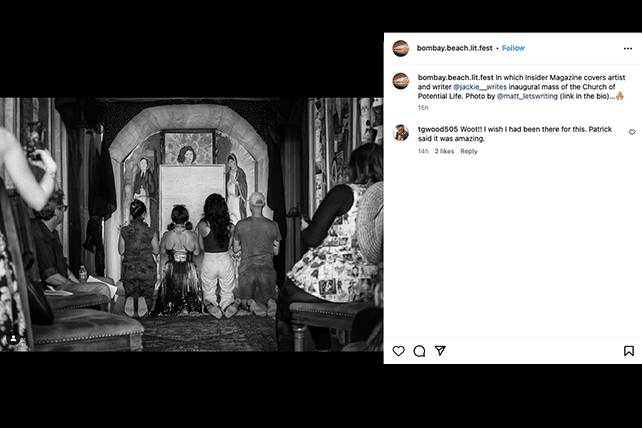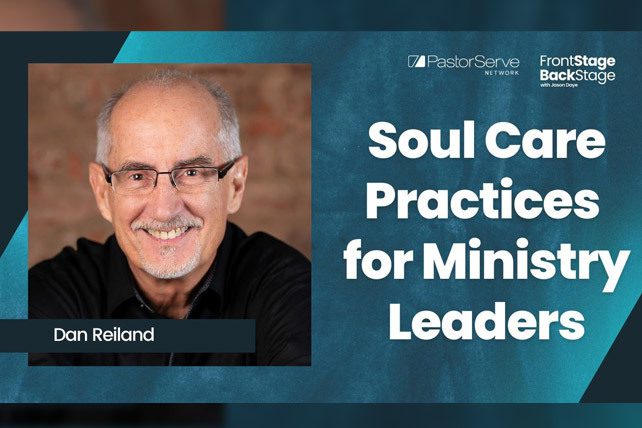Country singer Granger Smith is leaving the country music industry to pursue ministry. Smith made the announcement yesterday on his social media, where he said he could not reconcile glorifying himself onstage with Jesus’ command that his followers deny themselves.
“I have been so nervous to make this video just because of the implications of what it means for my life and my family, but…I’m making this post to announce that this summer is my last ever tour,” said Smith. “I have felt a strong desire to pursue ministry, and this doesn’t mean I’m going to start a church or a crusade or a revival. This means that me and my family are going to serve our local church.”
View this post on Instagram
He continued, “We’re going to pour into that church as members and have my pastors and elders pour into me and disciple me and teach me as I sit under their wise teaching. And then Lord-willing, one day they can affirm me into the next steps of what that might look like to glorify God best from my platform.”
Granger Smith: I Just Want To Glorify God
Granger Smith has released 11 studio albums, one live album and two EPs. Several of his singles, including his 2016 hit, “Backroad Song,” have been certified gold by the Recording Industry Association of America. He is married to Amber Smith, and they have a daughter (London) and two sons (Lincoln and Maverick). Their son, River, died in a tragic drowning accident in 2019 at age three.
Smith said he has been pursuing an M.A (which takes a “ton of time”) at Southern Baptist Theological Seminary, and it is for that reason he has “appeared maybe distant, especially to music, lately.”
The singer also said he has a book coming out Aug. 1, which is about the period in his life after he and his wife lost their son River and what God did “in a radical way of opening my eyes.” Smith’s book is titled, “Like a River: Finding the Faith and Strength to Move Forward after Loss and Heartache.” The book’s description says:
The days, weeks, and months that followed River’s death sent Granger on a dark and painful journey. Every time he closed his eyes, he replayed the horrific event in his mind, and every time he opened his computer, he was bombarded by the critique and criticism of people who blamed him for the accident.
Despite his best effort to get back on stage with a smile and song, it was all a façade. On the inside he was dying. Fortunately, that’s not how his story ended. And now he is compelled to help people all around the world find strength, peace, and hope on the other side of tragedy.
In his video, Granger Smith called his book “the most important piece of media that I could ever release, that I ever have released.”





 How can we take action to care for our own souls as we are serving others? In this episode of FrontStage BackStage, host Jason Daye is joined by Dan Reiland. Dan serves as the executive director for leadership expansion at 12 Stones Church in Lawrenceville, Georgia, where he also has served for 20 years as the executive pastor. Previously, Dan spent two decades serving with John Maxwell, first as the executive pastor at Skyline Wesleyan Church in San Diego and then as Vice President for Leadership and Church Development at Maxwell Leadership. Together, Dan and Jason explore four prominent areas of soul care for pastors and ministry leaders. Then, Dan shares experiences from his own life that help illustrate how we can incorporate soul care into our lives as well.
How can we take action to care for our own souls as we are serving others? In this episode of FrontStage BackStage, host Jason Daye is joined by Dan Reiland. Dan serves as the executive director for leadership expansion at 12 Stones Church in Lawrenceville, Georgia, where he also has served for 20 years as the executive pastor. Previously, Dan spent two decades serving with John Maxwell, first as the executive pastor at Skyline Wesleyan Church in San Diego and then as Vice President for Leadership and Church Development at Maxwell Leadership. Together, Dan and Jason explore four prominent areas of soul care for pastors and ministry leaders. Then, Dan shares experiences from his own life that help illustrate how we can incorporate soul care into our lives as well.

























